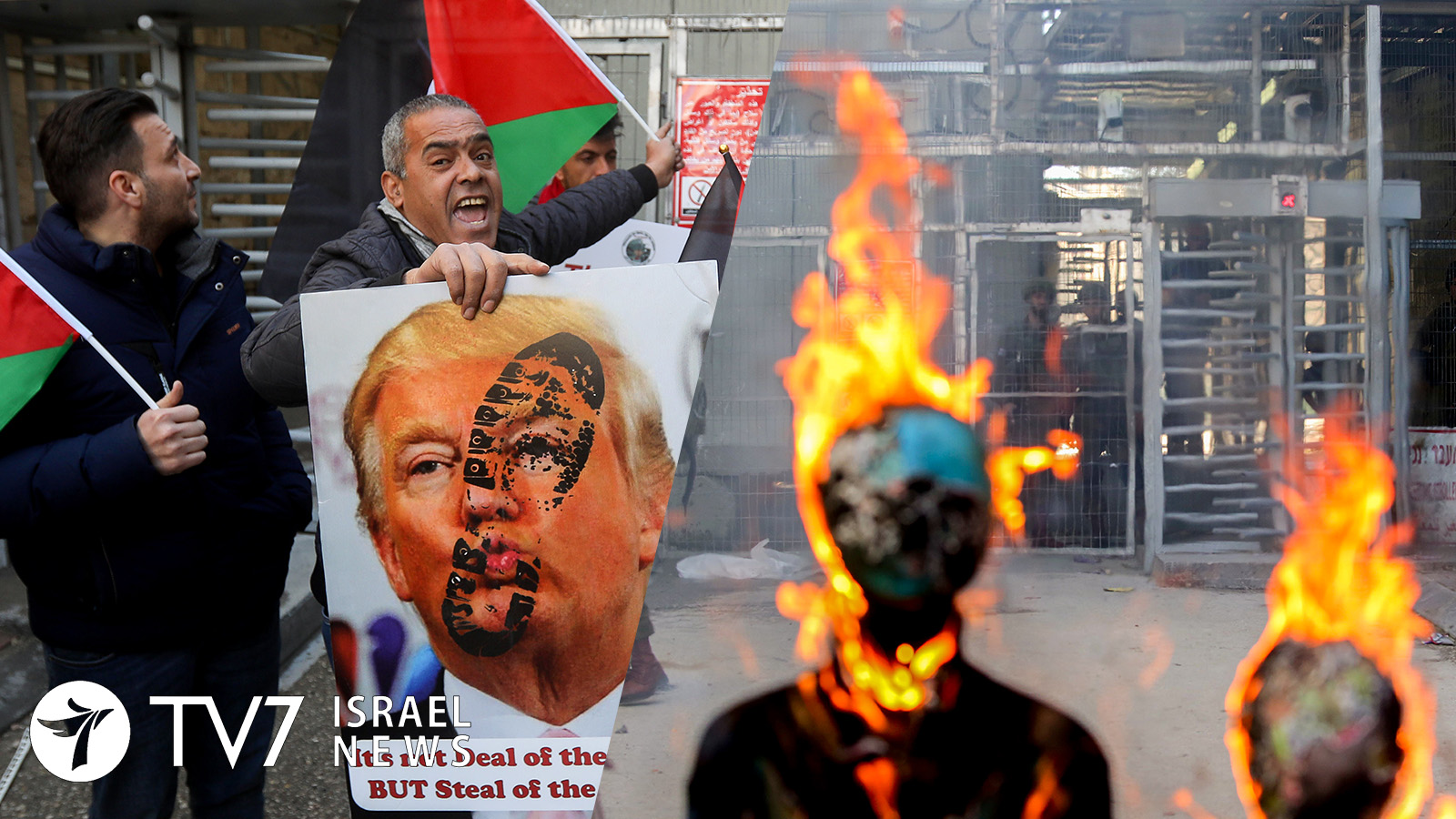Arab Gulf states are ratcheting up pressure against Israel’s slated annexation of over about 33% of disputed territory on the West Bank of the Jordan River, with less than two weeks remaining until the 1 June target date declared by Prime Minister Benjamin Netanyahu.
Arab officials from several nations reportedly warned their White House counterparts that “green lighting” the extension of Israeli sovereignty over lands demanded by Palestinians for their future state will severely damage the U.S. administration’s efforts to enlist regional support for President Donald Trump’s initiative to bring an end to the decades-old Israeli-Palestinian conflict.
The representatives claim the move would also inevitably damage Arab relations with Washington, while simultaneously end rapprochement efforts between moderate Arab countries with the Jewish State.
The United Arab Emirates State Minister and Ambassador to the United States Yousef al Otaiba has also appealed to Israeli leadership to refrain from annexation, saying it would “definitely, and immediately, reverse all of the Israeli aspirations for improved security, economic and cultural ties with the Arab world and the United Arab Emirates,” in particular.
In an exclusive Op-Ed published in the Israeli Yedioth Ahronoth daily, the UAE diplomat further asserted that “annexation would also toughen Arab views on Israel,” at a time “when the UAE initiatives have opened up opportunities for cultural exchanges and a broader (Arab) understanding of Israel.”
Otaiba went on to reveal a long list of efforts by his country to foster normalized ties with Israel and the Arab world, stressing that of Jerusalem and Abu Dhabi’s shared interests “could be an open gateway connecting Israel to the region and to the world at large.”
“In the United Arab Emirates, and in a large part of the Arab world, we would like to believe that Israel is an opportunity, not an enemy. We face too many common dangers and see the huge potential for warmer ties,” the UAE diplomat concluded, underscoring that “a decision by Israel to annex will be an unmistakable signal as to whether it views things the same way.”
In related news, a new survey found that 51% of Israelis support the extension of state sovereignty over the Jewish Statements in the West Bank, namely the Biblical districts of Judea and Samaria.
The public opinion poll of 503 Israelis 18 and older also found that 25% oppose annexation, while a staggering 24% were uncertain.
When the 76% of respondents who voiced firm opinions were queried further, it was revealed that a majority 67% favor annexation while 33% were opposed. Asked if they were concerned over potential violent consequences of an annexation, 32% said yes, 28% said no, and 28% said they were only “somewhat concerned.”
The survey was commisioned by Israeli Radio station 103 FM and conducted by the leading Ma’agar Mohot institution.
In other developments, the Israeli security establishment is actively preparing for a number of viable scenarios that may unfold in the aftermath of Israeli annexation.
A senior Israeli defense official told TV7 that while orders for IDF preparations for a possible outbreak of disturbances lead to a series of activities on the organizational level, it will require several more weeks to draft actual plans that will include intelligence-gathering and coordination of all defensive measures on the ground ahead of implementation.
The military source, who spoke to TV7 on condition of anonymity, highlighted that neither Shin Bet Security Agency nor the ID have yet to receive any information regarding the annexation. It was therefore her belief that the country’s political echelon is currently assessing both the relevant challenges to its aspired goal and the ensuing course of action – in full coordination with the U.S.
She then commented that 1 July will likely mark the date for the launching of preparations for the highly contentious move rather than actual imposition of Israeli law over Judea and Samaria.
